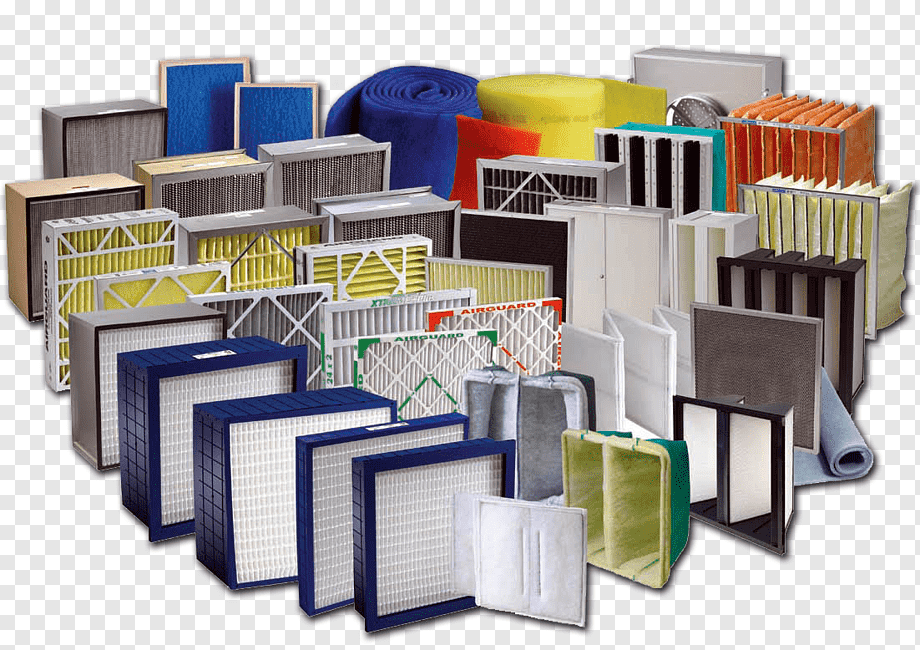
The Importance of Filter Selection in HVAC Systems
HVAC (Heating, Ventilation, and Air Conditioning) systems play a critical role in ensuring indoor air quality, enhancing comfort, and optimizing energy efficiency in modern living spaces and industrial environments. The effective and healthy operation of HVAC systems is directly related to the correct selection and maintenance of filters. Filter selection is not only crucial for system performance but also has a vital impact on human health and environmental sustainability.
1. The Role of Filters in HVAC Systems
HVAC filters clean the air passing through the system by capturing dust, pollen, microorganisms, chemical particles, and other harmful substances. This not only protects system components from damage but also determines the quality of the air users breathe. Well-selected filters extend the system’s lifespan, reduce energy consumption, and lower maintenance costs.
2. Key Criteria to Consider in Filter Selection
Filtration Efficiency: The filter’s effectiveness in capturing airborne particles is measured by standards such as MERV (Minimum Efficiency Reporting Value). Higher MERV ratings capture smaller particles but may increase airflow resistance.
Pressure Drop: This refers to the resistance the filter imposes on airflow. A lower pressure drop helps save energy and does not adversely affect HVAC system performance.
Filter Lifespan: Long-life filters reduce the frequency of maintenance and decrease overall costs.
Material Durability: Filters should be resistant to humidity, chemical exposure, and mechanical stress.
3. The Impact of Filter Selection on Energy Efficiency
Energy consumption in HVAC systems represents a significant cost factor. Incorrect filter selection may create excessive airflow resistance, causing fan motors to consume more energy. Conversely, low-efficiency filters can lead to system contamination, resulting in greater energy losses over time. Therefore, achieving an optimal balance is critical.
4. Indoor Air Quality and Human Health
Indoor air quality (IAQ) directly affects user comfort and health. Filters help prevent allergens, bacteria, viruses, and other harmful particles from entering the space, thereby reducing the spread of diseases. For individuals who spend extended periods in enclosed areas, the correct selection and regular replacement of filters are of vital importance.
5. Filter Selection from an Environmental Sustainability Perspective
Using environmentally friendly and recyclable filter materials helps reduce waste and supports sustainable HVAC practices. Additionally, selecting energy-saving filters contributes to lowering the carbon footprint.
6. Filter Selection Based on Application Areas
Different environments require different air quality standards. Filters used in hospitals, laboratories, offices, and shopping malls should be selected according to the clean air standards specific to each space. For example, HEPA filters are mandatory in hospitals, whereas lower-efficiency filters may suffice in office environments.
7. Filter Maintenance and Periodic Replacement
Filters lose performance and may become clogged over time. Regular maintenance and replacement schedules ensure the efficient and healthy operation of HVAC systems. Clogged filters obstruct airflow and increase energy consumption.
Filter selection in HVAC systems is a critical issue that requires technical expertise and detailed analysis. The right filter choice ensures long system life, enhances energy efficiency and indoor air quality, protects users’ health, and supports environmental sustainability. The field of filter engineering enables the development of optimal technical and environmental solutions through accurate filter selection and application.
İlker KURAN
Alperen Engineering Ltd. Co.







